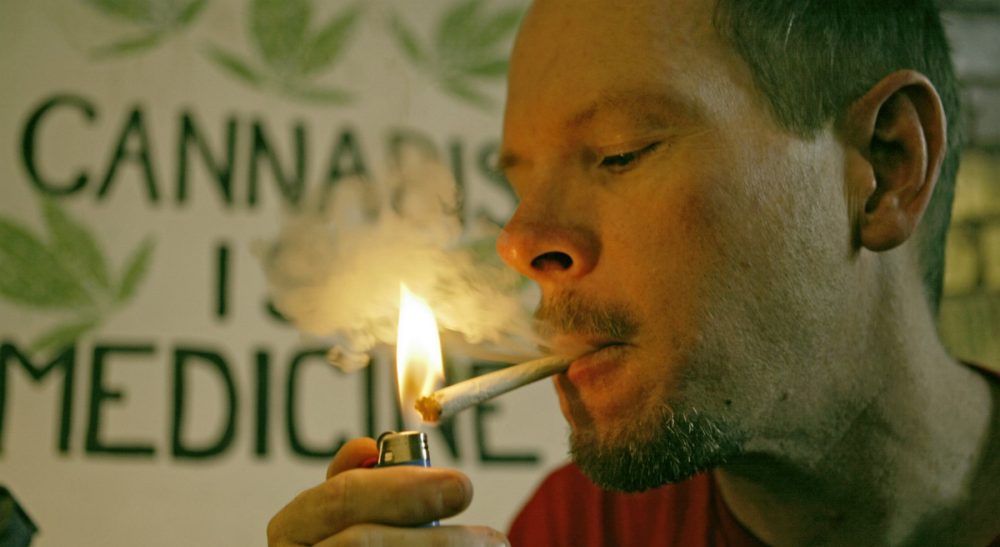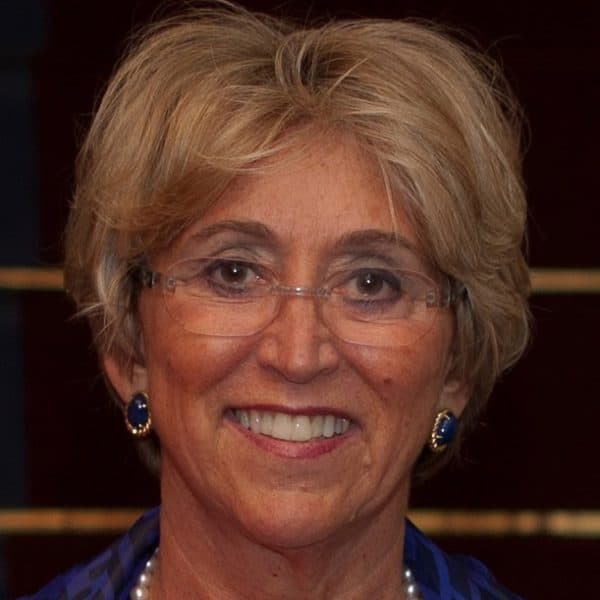Advertisement
Could Legalizing Pot Reduce Accidental Deaths From Harder Drugs?

For several years now, pain researchers have been wondering about a question that lay folks, including federal government regulators, might dismiss as absurd: The idea that marijuana, far from creating more problems for people who use opioids (narcotics), might, at least in some cases, help prevent opioid overdoses.
The notion took hold several years ago in California, when oncologist Donald Abrams, chief of hematology and oncology at San Francisco General Hospital and a cancer specialist at the University of California, San Francisco Osher Center for Integrative Medicine at Mount Zion, began testing marijuana in chronic pain patients in a federally funded study. Patients inhaled vaporized marijuana three times a day for five days while taking their regular opioid pain relievers. In 2011, Abrams reported that pain was significantly reduced, by about 27 percent, when inhaled marijuana was added to the opioid regimen.
...marijuana may have a synergistic effect, enabling pain patients to get good pain relief with lower doses of opioids.
This finding suggests that marijuana may have a synergistic effect, enabling pain patients to get good pain relief with lower doses of opioids. It’s too small a study to constitute proof, to be sure, but it’s a scientific hypothesis that seems well worth pursuing — except to the feds.
Fast forward to late July 2014, when a different team of researchers, using a different approach, supported the findings. Dr. Marcus Bachhuber, an internal medicine fellow at the Philadelphia VA Medical Center and a Robert Wood Johnson clinical scholar, led a team that simultaneously analyzed opioid overdose deaths from 50 states between 1999 and 2010 and tracked the implementation of medical marijuana laws in the 10 states that had them during that period.
The findings, reported online in The Journal of the American Medical Association Internal Medicine, offer another bit of tantalizing evidence about marijuana’s role in mitigating the potentially lethal effects of opioids.
The team found that states that had legalized medical marijuana had a 24.8 percent lower average annual opioid overdose death rate compared to states that hadn’t. In 2010, that translated to about 1,729 fewer deaths than expected.
The Bachhuber team acknowledged that the finding is an association, not proof of causality, but added that if the relationship between medical cannabis laws and opioid overdose mortality is substantiated in further studies, laws permitting the use of marijuana as part of a comprehensive approach to pain relief might make sense.
Dr. Abrams agrees. In early August, he told me that the new finding “is consistent with the reality” of animal studies and his own work in human pain patients showing that “cannabis potentiates opioids — you can get away with less opioids if you add cannabis.” Particularly for patients in pain at the end of life who wish to communicate with their families and have trouble doing so if on high doses of opioids, doctors can “wean them off [opioids] by using cannabis.”
...states that had legalized medical marijuana had a 24.8 percent lower average annual opioid overdose death rate compared to states that hadn’t. In 2010, that translated to about 1,729 fewer deaths than expected.
Abrams suggested to the National Institute on Drug Abuse (NIDA), that the agency consider a study on marijuana as adjunctive (or auxiliary) therapy for people in pain. The agency refused his request. It is longstanding NIDA policy to fund only studies of controlled drugs for their abuse, not their therapeutic potential. Abrams called that policy “unfortunate and short-sighted.”
In an editorial accompanying the JAMA study, Dr. Marie J. Hayes, a psychologist, clinical neuroscientist and addiction specialist at the University of Maine, wrote, “The striking implication is that medical marijuana laws, when implemented, may represent a promising approach for stemming runaway rates of non-intentional opioid analgesic-related deaths. If true, this finding upsets the applecart of conventional wisdom regarding the public health implications of marijuana legalization and medicinal usefulness.” Hayes and her co-author, Dr. Mark S. Brown, caution, however, that if medical marijuana laws afford a protective effect, it is not clear why.
In an interview with ABC News, Dr. Igor Grant, chief of psychiatry at the University of California, San Diego, and director of the Center for Medical Cannabis Research, suggests a synergistic, or “opioid-sparing” effect, much as Abrams believes. “This isn’t a new idea,” he said. “Physicians have used combination drugs for a long time, such as acetaminophen with an opioid. By putting several different pain medications together, they are able to reduce the overall opioid dose, and thus decrease the risk of overdose.”
By extension, changing marijuana laws may help not just individuals, but bring public policy more in line with medical science.
Related:
